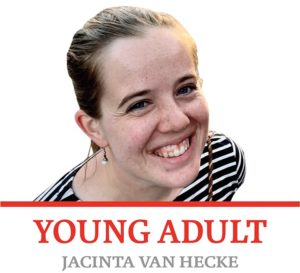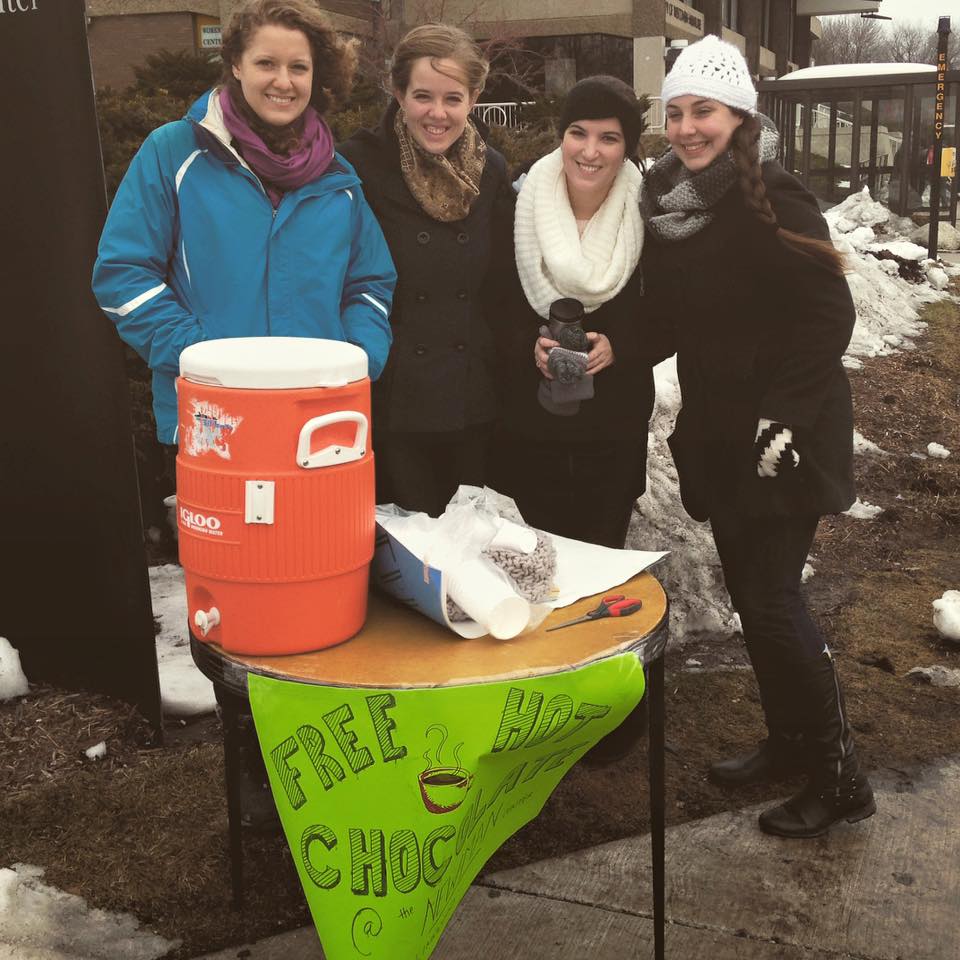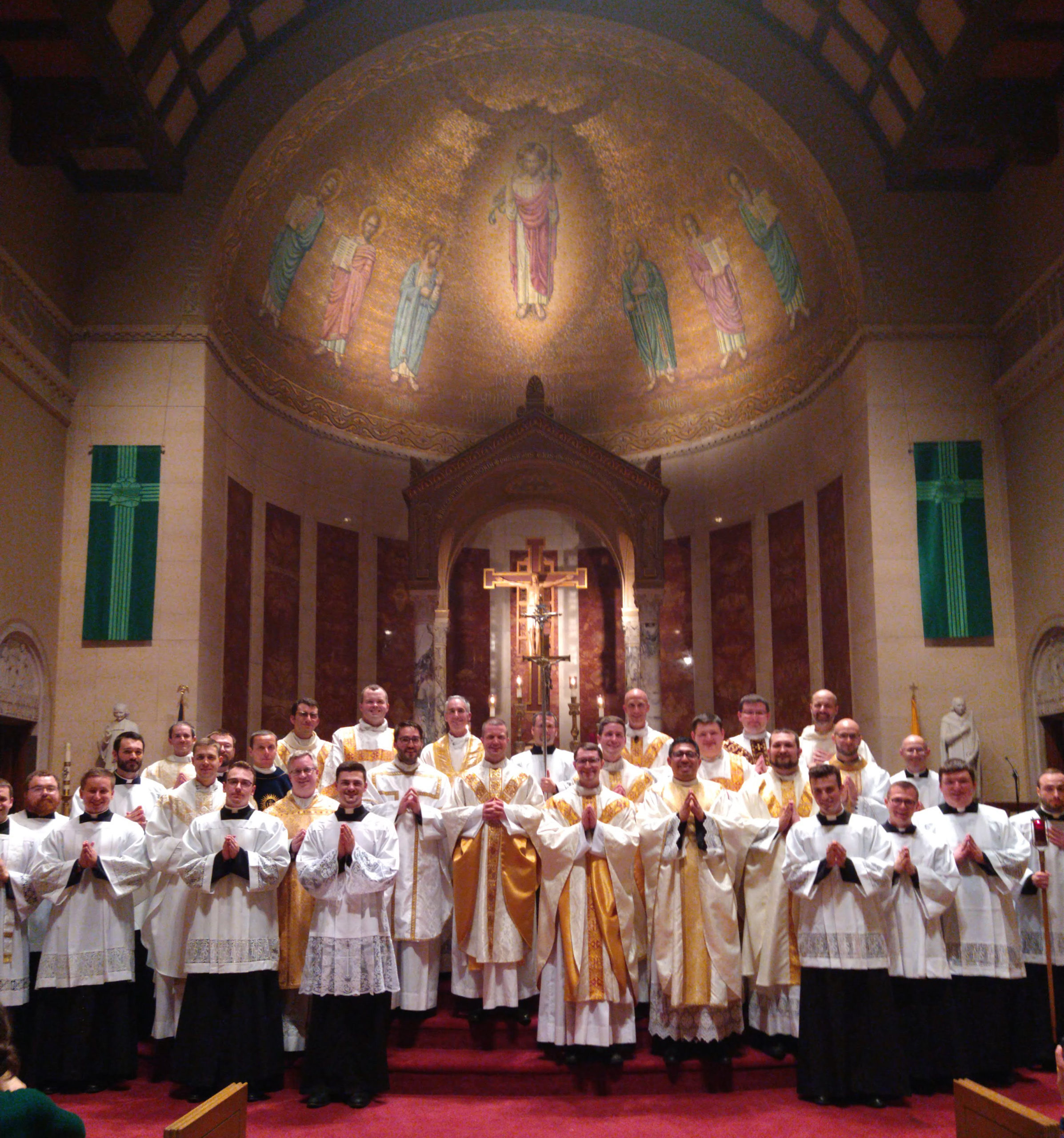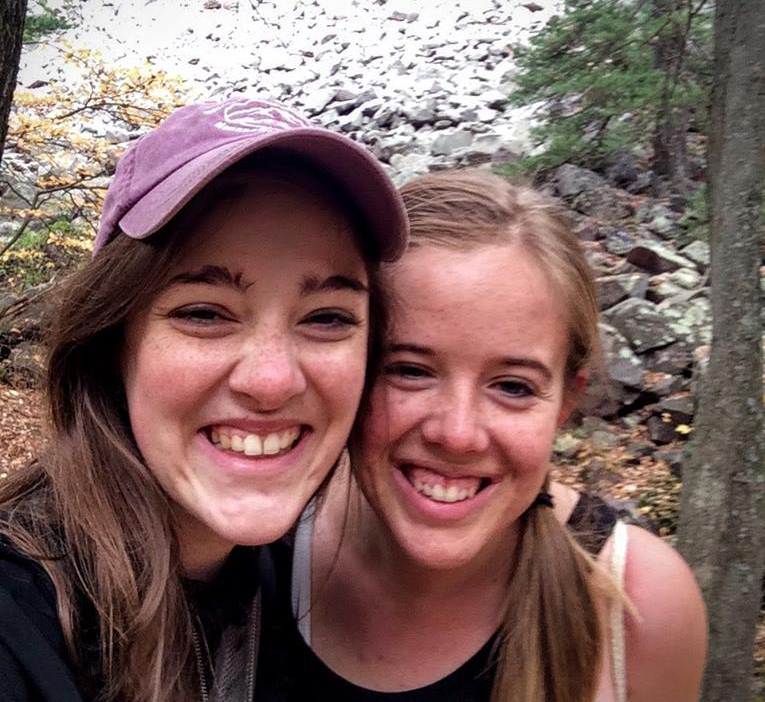Young Adult
Community is a profound and life-changing thing. Made in the image and likeness of the Trinitarian God, human beings are built for relationships. Studies agree that loneliness and the lack of substantial friendship in America is on the rise and problematic for both physical and mental health.
I’ve been enmeshed in Catholic community for my entire life — from being homeschooled through high school, attending a small Catholic college, then moving back to Milwaukee to be a college campus missionary. Although that job was only for a few years after graduation, it established me in the young-adult community of Milwaukee, which has been my home ever since. I felt like I somehow cheated in the game of finding community. Being a campus missionary meant it was my full-time job to get to know people. and by the time I was done with that position, I had a number of close friends, felt at home in the community and knew that it was a place where I belonged. Many of my peers left the built-in community of a college campus and struggled to find a replacement. Even in the Milwaukee young-adult world, I found it was a lot harder to get involved in the community for those who had not been thrown into the middle of it full time. Although my experience is limited, these are a few of the things that have helped to build a good community.
Have a shared mission
As missionaries, it was part of our job description to be seeking out students we did not know and inviting them into our community. As missionaries, one of our consistent outreach strategies was offering free hot chocolate on campus as a way of meeting new people. Although it was always uncomfortable, it was also abundantly evident that this was a key to a community that was healthy and vibrant. There is some room for debate about what counts as a shared mission, but in my experience, communities that have an emphasis on a mission that gives them an outward focus are healthier and happier than those whose main goal is to cultivate the community itself. As lay Catholics, we share the imperative to go out to all the world and tell the good news. Our communities need to consistently strive to reach out to those around us and to love us well. Those that are tend to be happier and healthier.
Make events simple, consistent and achievable
Events are a great way to gather groups of people, help them to get to know each other and, generally, to be a launching place for community. But as missionaries, we experienced a lot of trial and error in which kind of events are fruitful and which are not. One of the staples of our Newman Center was a weekly free dinner for any students. Of course, the free food is a huge draw and that is also an important way to draw a crowd, but the consistency and the simplicity of the event also made the invitations much easier. Similarly, one of the cornerstones of the Milwaukee young-adult community is Cor Jesu. For those who don’t know, every Wednesday at St. Robert Parish in Shorewood there is Adoration and Confession at 7 p.m., Mass at 8 p.m. and a social afterward. This summer marked 10 years since Cor Jesu began, and it has become a central hub for the broader young adult community.
Extend the connection
It was perhaps the most strangely specific lesson I learned as a missionary, but it was an incredibly helpful thing to fall back on. When I made a connection with a student at an event, I could build on it simply by inviting them out for coffee. Events are good (especially when they are simple, consistent and achievable), but they do not automatically create the shared life that makes community such a crucial support. Shared life with good friends is the main substance of community. As a missionary, this is how we lived — especially with our team, with whom we shared almost every aspect of life, but also with the students on campus.
Physical proximity makes a huge difference for this. Don’t let cars and freeways fool you. It still makes a massive difference to the health and substance of community if you can simply share normal life as opposed to commuting in for planned events.
That base of shared life created the solid and supportive community that I rely on in my daily life. I still attend and am grateful for the Brew City Catholic events, but what I consider my community is the network of friends who know me well, care about me, support me and walk with me in all the details of life. And having a community like that is life-changing.




